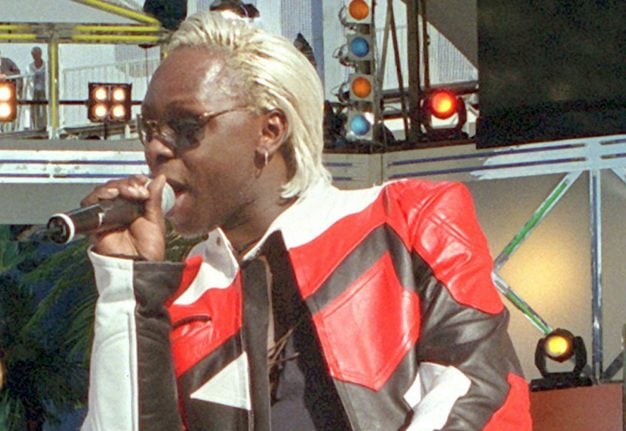The two Polish defendants, aged 23 and 30, maintained their silence on the first day of the murder trial in a Berlin court.
They are accused of torturing the 47-year-old Reeves to death in a six-bed hostel room in the Charlottenburg district in January 2016. Prosecutors argue that there was a homophobic motive behind the crime.
According to the Süddeutsche Zeitung, Reeves was staying in the hostel after recently splitting up with his partner. On the morning of February 1st another hostel guest found him dead.
The two defendants reportedly told police investigators after their arrests that they had felt insulted by Reeves, who they claimed had attempted to chat them up.
A postmortem showed that Reeves had been horrifically tortured before his death. His attackers had raped him using a large object and the assault was so violent that he died due to internal bleeding.
The two defendants were passing through Berlin at the time of the crime. Police in Poland arrested one of them a few weeks later. Once he had served time for a different crime in Poland he was extradited to Germany. The other man was arrested in Spain at a later date after attempting to flee with €7,000 in cash.




 Please whitelist us to continue reading.
Please whitelist us to continue reading.